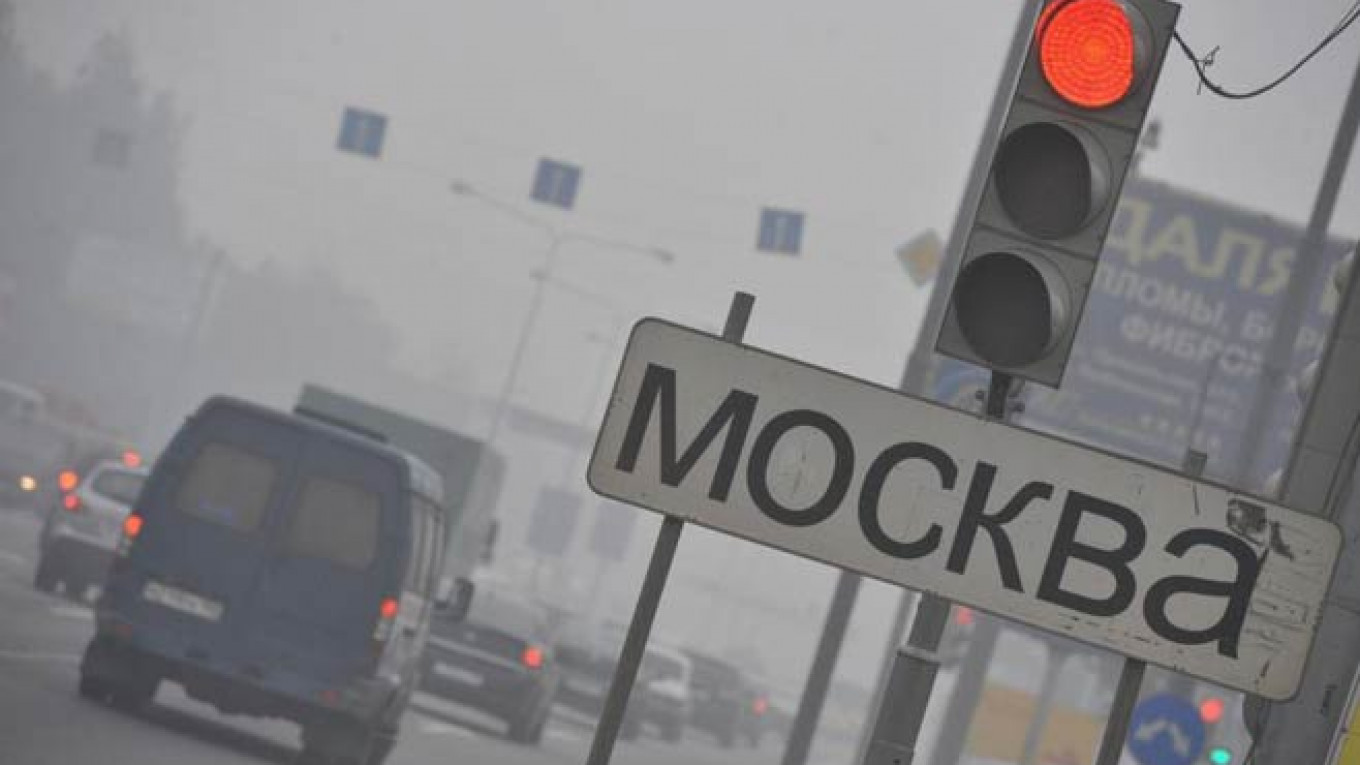Fearsome stories about migrating Indonesian haze, post-Diwali smog in northern India, and the return of the "airpocalypse" in China tell of Asia's recent air-pollution woes. Not confined to Asia, outdoor particulate pollution claims more than 3.1 million lives worldwide every year, five times the number of deaths from malaria and slightly less than double the current AIDS death rate.
Airborne pollutants, especially fine particles — smaller than 2.5 microns, or about the width of a strand of a spider web — enter deep into the lungs and from there enter the blood stream, causing cardiopulmonary disease, cancer and possibly premature births. Just how significant are these health risks?
Living in smoggy Beijing may reduce your life expectancy by almost three years. Living in New Delhi could cost you four or five.
Unfortunately, discussion of the subject is often opaque. Poor air quality is often described as reaching a certain Air Quality Index level, or as being a certain degree above a particular World Health Organization standard. But the general public might better understand the situation if it were framed in terms that compare easily with more familiar hazards.
For instance, the immediate risks of breathing polluted air could be described in terms of the "micromort," the unit representing a one-in-a-million chance of dying. An average person on an average day faces a risk of roughly one micromort from non-natural causes. The risk of scuba diving, for example, is about five micromorts per dive; sky diving is 10 micromorts per jump; and giving birth in Britain is about 120 micromorts. By comparison, breathing in Beijing on its most polluted days equals approximately 15 micromorts.
But the more troubling risks from air pollution arise from chronic exposure. This can be expressed in terms of "microlives" — a unit developed by Cambridge statistician David Spiegelhalter to describe a person's cumulative risks over a lifetime.
Settling in smoggy Beijing will use up roughly an additional two or three microlives per day, implying a reduction in life expectancy of almost three years. Living in Hong Kong or Santiago, Chile, will cost one additional microlife per day, whereas daily life in New Delhi, one of the world's most polluted cities, costs an estimated four or five microlives.
By comparison, smoking four cigarettes a day will cost the smoker about two microlives, roughly equivalent to living in Beijing. But the aging clock can also be slowed down — 20 minutes of daily exercise will extend life expectancy by two microlives per day — unless it is done in the smog — and drinking two or three cups of coffee daily saves an additional microlife per day. Furthermore, recent research suggests that some, if not all, of the microlives lost from living in Beijing could be recovered by moving to, say, Vancouver, with its pristine air.
Besides skipping town, one can mitigate at least some of the risks by limiting one's exposure on particularly hazardous days. If citizens had access to current air-quality data, they could choose to take protective measures, such as minimizing physical exertion, staying indoors and wearing a high-quality protective mask.
Unfortunately, air-quality information, especially for the most pernicious fine particles, is not easily available in many highly polluted cities. But such monitoring is not beyond the reach of developing countries because the necessary equipment is not prohibitively expensive. Ideally, air-quality data should be collected, translated into easily understandable language and widely disseminated in real-time via social media so that city dwellers can take appropriate action. In this regard, China has made big strides, providing a good example for other developing countries to follow.
Of course, governments should not stop at monitoring. They should take active measures to reduce air pollution. Against the pressure of Asia's rapid urbanization and industrial development, this will take sustained effort, involving complex policy decisions and painful economic trade-offs.
Making air-quality information available to all — essentially democratizing the data — allows people to engage better in the debate on what sacrifices are acceptable in the fight against air pollution. It also provides basic input for desperately needed research into the health effects of these new highly polluted environments. These far-reaching health effects should spur even the most financially strapped governments to start a transparent air-quality monitoring campaign today.
David Roberts, a physicist, is the former science adviser to the U.S. ambassador to Japan. Nick Riesland is a physician with more than 20 years of international experience working on environmental health issues including air pollution. © Project Syndicate
A Message from The Moscow Times:
Dear readers,
We are facing unprecedented challenges. Russia's Prosecutor General's Office has designated The Moscow Times as an "undesirable" organization, criminalizing our work and putting our staff at risk of prosecution. This follows our earlier unjust labeling as a "foreign agent."
These actions are direct attempts to silence independent journalism in Russia. The authorities claim our work "discredits the decisions of the Russian leadership." We see things differently: we strive to provide accurate, unbiased reporting on Russia.
We, the journalists of The Moscow Times, refuse to be silenced. But to continue our work, we need your help.
Your support, no matter how small, makes a world of difference. If you can, please support us monthly starting from just $2. It's quick to set up, and every contribution makes a significant impact.
By supporting The Moscow Times, you're defending open, independent journalism in the face of repression. Thank you for standing with us.
Remind me later.






